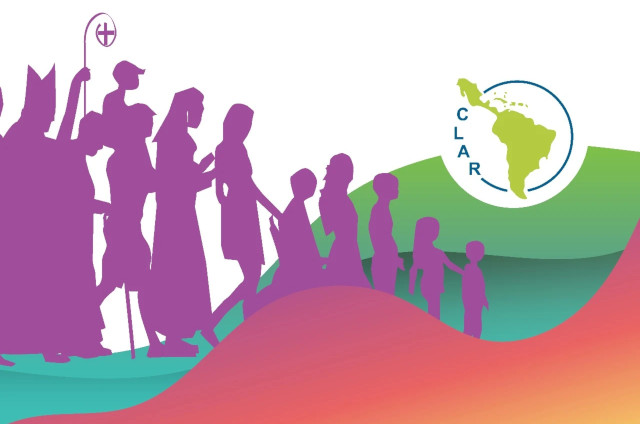NOW THERE IS A YEAR TO TRANSLATE THEM INTO CONCRETE CHOICES
The first session of the Synod on Synodality closed with the publication of the Synthesis Report, charged with summarising the work of the assembly and relaunching the contents considered to be a priority for the discernment of the local Churches and for theological and canonical in-depth study in view of the formulation of proposals for the second, more decisional session, scheduled to take place in a year's time.
The first datum that emerged with unprecedented clarity during this first session was the diversity of socio-cultural contexts, theological views and pastoral urgencies with which the Catholic Church today finds itself having to measure itself, which makes it difficult to hypothesise valid answers everywhere and opens the way to a decentralisation leading to thinking of it as a communion of local Churches. The second fact highlighted in the assembly in Rome is that the reforms to promote which We are Church was born and has been committed to these almost three decades (full recognition of the equal dignity of all believers and overcoming the division between clergy and laity, participation of the local Churches in the appointment of bishops, opening of ordained ministries to women, the right to celebrate the Eucharist in a plurality of forms, abolition of the obligation of celibacy for priests and reintegration of married priests in the service of the community, positive evaluation of sexuality - hence revision of the exclusion of remarried divorcees from the Eucharist and overcoming all discrimination against homosexuals - commitment also ecumenical for peace, justice and the protection of creation, justice for the victims of abuse by members of the clergy, etc. ), until a few years ago the patrimony of small groups and excluded from discussion in institutional circles, can no longer be evaded, they are at the centre of the Church's debate. This has certainly been helped by the consultation of the local Churches, the process of preparation and the participation, albeit numerically completely insufficient, of baptised and baptised 'non-bishops' in the episcopal assembly, which is a fundamental step towards a truly synodal Church.
Certainly the point reached in the discussion so far appears to be more advanced in some cases: e.g. For example, the chapter on the Eastern Churches, whose attempts at Latinisation are condemned in the text, and for which new institutional instruments are proposed to recognise their dignity; the chapter on the ministry of the bishop, for which the need to rethink the election mechanisms in a more participative way is pointed out, and forms of regular verification are foreseen for their work; the chapter on groupings of Churches, which opens the way to the recovery of ancient synodal institutions, the development of unprecedented continental assemblies and the strengthening of Episcopal Conferences. In other cases, however, it is more backward: the one on Christian initiation does not mention the link between liturgy, in particular the Eucharist, and personal, community and social life; the one on the poor, while reaffirming the "preferential option", does not link "choice of the poor" and "synodality", resulting somewhat spurious; on clericalism there is only one passage (par. On clericalism, there is only one passage (par. 11c), so the subject is not dealt with in much depth. What is puzzling is the absence of an explicit reference to sexual minorities, which were discussed in the assembly but only alluded to in the text, and the silence on the possibility of ordaining women not only as deacons but also as priests. The very decision not to devote a specific paragraph to abuse, but to scatter references in various parts of the text detracts from the strength of the theme.
In this light, the task of We are Church is to advance, with its own specific activities and by strengthening its networks with other national and international reform groups, such as those that during the Synod days gave life to the "Spirit Unbounded" event, the consensus towards the reforms, seeking contacts with the delegates most in tune or available and offering them training tools on the controversial issues, so that they arrive at next year's session better prepared.
If the Catholic Church showed the possibility of facing together the challenges it faces - in particular the radical solution of the abuse issue and the full recognition of equal dignity and access to ministries regardless of gender, sexual orientation and state of life - and achieve 'unity in diversity', it would offer a prophetic witness to a world that seems unable to resolve its crises and manage its differences in a non-destructive way.
6 November 2023 THE NATIONAL COORDINATION OF NOI SIAMO CHIESA






